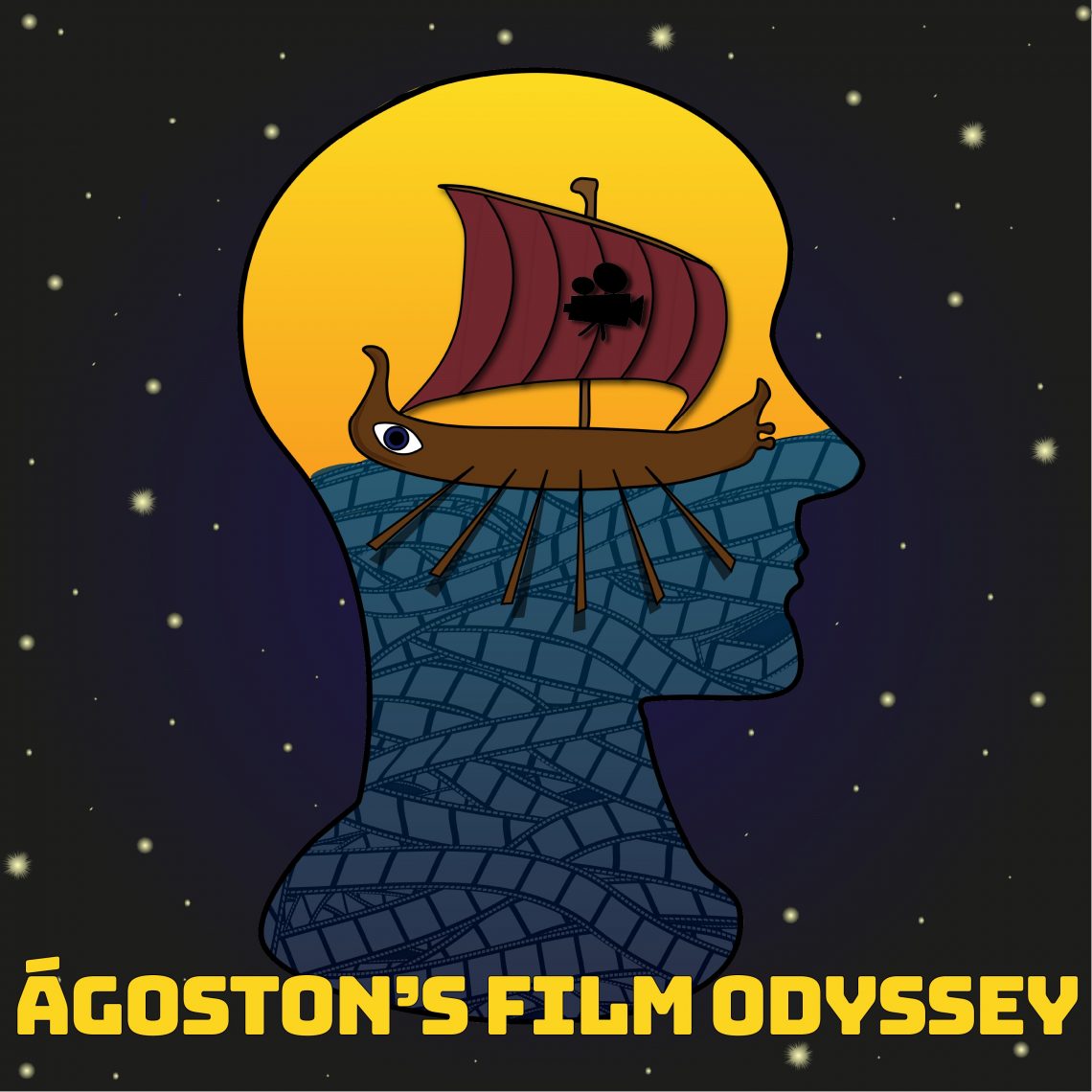Searching (2018) is one of the most intensely watchable and exciting films I have seen in a while. It works as a thriller, a mystery, a family drama, a cautionary tale and a dazzling experiment of interface film language produced on a tiny budget.
David (John Cho) and his daughter Margot (Michelle La) live in the shadow of unacknowledged grief. Pam (Sara Sohn), has died in lymphoma and life went on with the girl going to high school and her father carrying on in his job at a software company. Two years after the tragedy, Margot suddenly goes missing. David breaks into her laptop to find out what happened and where she is, only to realize that he doesn’t know who his daughter is.

Almost like a detective noir, the clues don’t just give us the complete puzzle of a mystery, but the portrait of a person – the one to be found and the one who is searching, all filtered through the point of view of our most commonly used devices. These gadgets are our extensions, but they can’t substitute our capacity for closeness with another person.
Searching is about alienation and the illusory and ephemeral nature of contemporary relationships. It should also serve as a cautionary tale for parents, not to shield their children from our media-saturated reality, but to be honest about its dangers and complexities, never lose sight of their child’s development and always maintain the trust and emotional closeness while also letting them be free and independent when they are ready.
Aneesh Chaganty’s mise-en-scéne has an utterly eerie quality (here’s a bone-chilling trailer for his second feature, Run). While throughout the film we are always watching from a defined point of view, it is always layered through a digital screen which makes it feel like we were plunged into the emptiness and white noise of cyberspace. The voyeuristic intimacy established by long silences and Torin Borrowdale’s mysterious score makes the film highly suspenseful.

As most screens seen are static and the movement is occurring inside the frame, we can’t speak much of camerawork, but as the computer and smartphone screen coalesced with the eye of the movie camera, the familiar-unfamiliarity of the smallest mouse-movement kept me riveted. The website pages, the email inboxes and the newscast are rich in detail and give many clues. The operating systems, programs, and websites are identical to their real life counterparts, however they were all computer-animated from scratch.
The screenplay written by Chaganty and Sev Ohanian is deeply perceptive of our world. Everyone is sharing their judgments and opinions, with the web providing a pulpit to us all. Let the theories and gossiping become rampant. Let’s exploit someone else’s tragedy to get attention. The lives of others whether real or fictional have become the populace’s entertainment, once removed behind a screen, another’s personal reality is not considered anymore, with empathy only occurring as part of a mass consumerist narrative of objectification, a selfish cramming down of all that causes pleasure into our being via any orifice or mental route, basking in the false glory of our narcissistic self-regard. The private self has become the public self while people have become unknowable, with blurred boundaries. In all this cacophony, who has time to truly and privately deal with their grief and trauma?
The acting is uniformly strong and natural. In the role of David, John Cho is immensely likable, despite being at times exasperatingly stubborn and paranoid (as any person would be in such a situation), pathetically wrong-headed, even callous. He is also protective, quietly aching, and solemn, yet possesses an agility that helps the audience glide through the film immersed in his perspective. Michelle La is sensitive and assured in her debut as Margot. Joseph Lee has the rowdy but well-meaning brother role down to a tee and Debra Messing is a formidable presence as Detective Vick.
Searching is a unique film experiment that works with lifeless surfaces, yet is utterly dynamic and alive.
Rating: 84%


